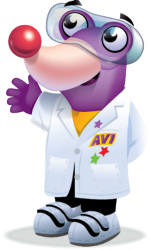
Acid – a substance, such as vinegar, that has a pH of less than 7.
Antibiotic – a medicine that fights and kills bacteria to help you feel better. Antibiotics cure bacterial infections, but not other kinds of diseases.
Antibiotic resistance – when bacteria can no longer be killed by a certain antibiotic.
Antibodies – proteins made by your body’s immune system that latch onto germs and keep them from making you sick.
Bacterium – a single-celled organism. There are bad bacteria that cause diseases, but also good bacteria that help you digest food.
Base – a substance, such as milk of magnesia, with a pH greater than 7.
Chemical reaction – the process where atoms are rearranged between two or more substances to result in different substances.
Enzyme – usually a protein that living things make to stay healthy. Enzymes speed up reactions in the body.
Germs and pathogens – any disease-causing microorganisms that attack living beings (examples are viruses and bad bacteria).
Infection – a disease caused by germs.
Immunity – the ability of your body to resist diseases, infections, cuts, germs, etc.
Microorganisms – tiny living things made of just one cell, or a colony of cells. These little creatures live on, in, and all around us!
Probiotics – a good kind of bacteria that lives in certain foods, which people and animals eat for good “gut health.”
pH indicator – a chemical that changes color to show whether a substance is an acid or base.
Vaccine – an injection, pill, or spray that teaches our body to recognize and fight off infectious germs.

